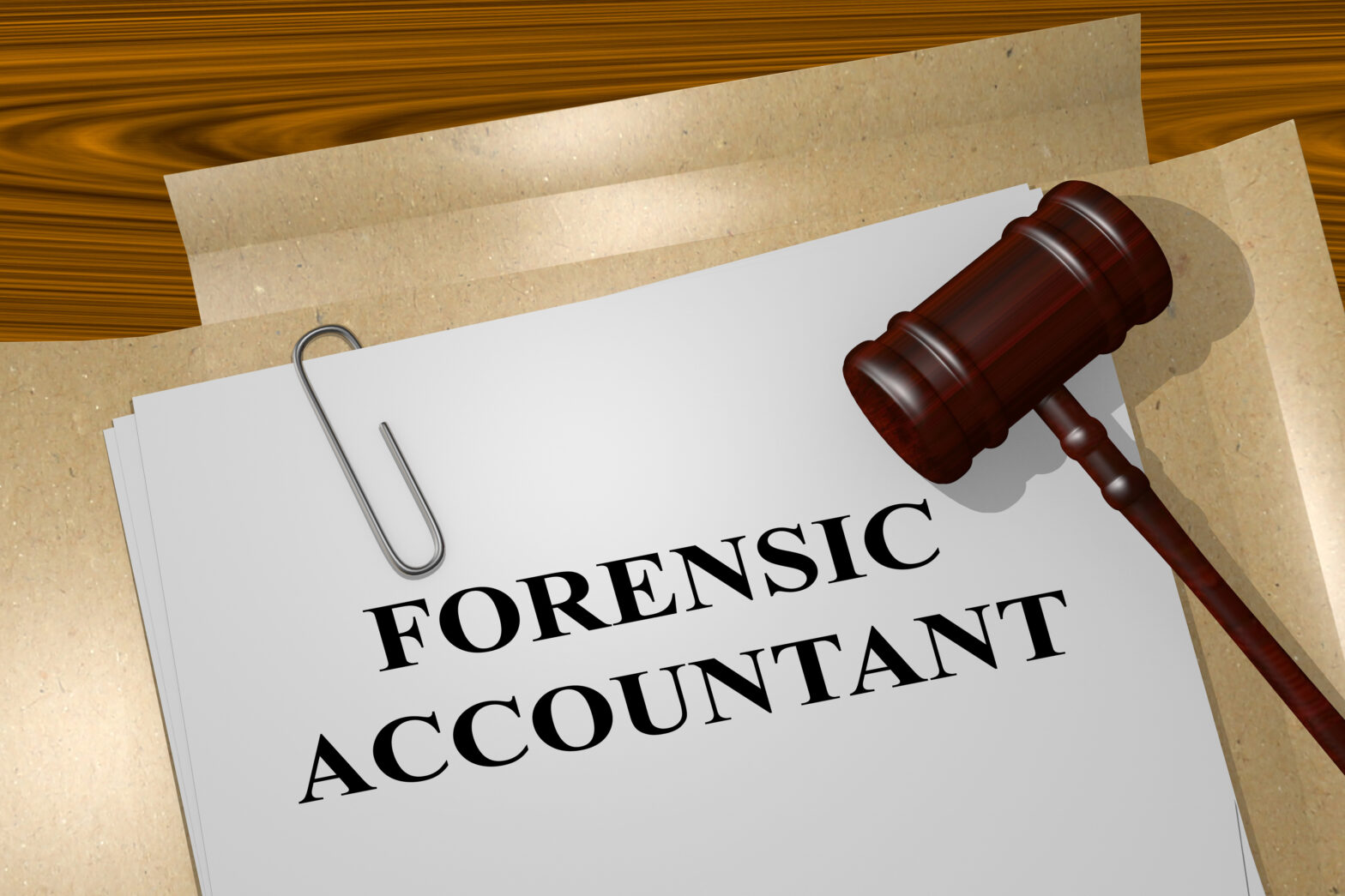Forensic accounting is a very specific and focused type of accountancy that involves the deep and complex investigation and analysis of financial and business data.
In terms of what it is the forensic accountant actually does, it is the job of such professionals to carry out in-depth financial investigations and analysis on behalf of the business, ultimately summarising, simplifying, and presenting their findings in a manner that can be understood by those without forensic accountancy skills and experience. What’s more, the forensic accountant must also ensure that all findings presented are fully backed and supported with the necessary evidence.
Forensic accountants work in various capacities in both public and private sectors alike. In the private sector, they are something of a fundamental prerequisite for the efficient and effective running of banks, building societies, insurance companies, and a wide variety of larger brands and businesses. They will often be charged with the task of investigating and monitoring financial activities, looking for evidence of any apparent wrongdoing which may be deliberate or otherwise, creating detailed reports for both company executives and brand stakeholders, and playing a key role in any legal proceedings that may result from detection of illegitimate of fraudulent financial activities.
Benefits for business
As for how the forensic accountant can benefit the modern business, it’s quite simply a case of having a highly experienced, legally savvy financial experts on-board to monitor and control certain crucial aspects of the brand’s day to day accountancy that may not be within the capabilities of the average company accountant.
For example, a competent forensic accountant can play a key role in loss prevention and the enhancement of operational efficiency. Rather than simply identifying and addressing potentially harmful activity, forensic accountants help set in place policies and procedures that can prevent the illegal or unauthorised use of business resources in the first place. They identify which areas of the business may be vulnerable to fraud, they undertake advanced risk assessment investigations and they bring to light any grey areas which may have been overlooked by senior management.
Acquisitions and mergers
Experienced forensic accountants can also be invaluable when it comes to business mergers and acquisitions at all levels. In such instances, qualified professionals are often brought on board to investigate target businesses with regard to whether their own estimations relating to value, profitability and legality of operations in general are in fact fair and accurate. This also applies to instances where any business makes the decision to begin working with any other business in a less formal and binding nature.
Cost savings
Above all else, forensic accountants exist and perform for the primary purpose of reducing business expenses and minimising loss. Forensic accountancy and forensic audit costs can in their own right be rather on the high side, but not nearly as high as the losses that can be incurred if and when fraudulent activity is overlooked or ignored. And when it comes to the prevention of crippling reputational damage when a business is found to have been operating in any way illegitimately, even without the knowledge of the respective owners, the services of the forensic accountant are well and truly worth their weight in gold.
PKF Francis Clark have an established forensic accounting team who provide prompt and expert solutions based on over 30 years’ experience in more than 1,000 cases. Visit them here.






